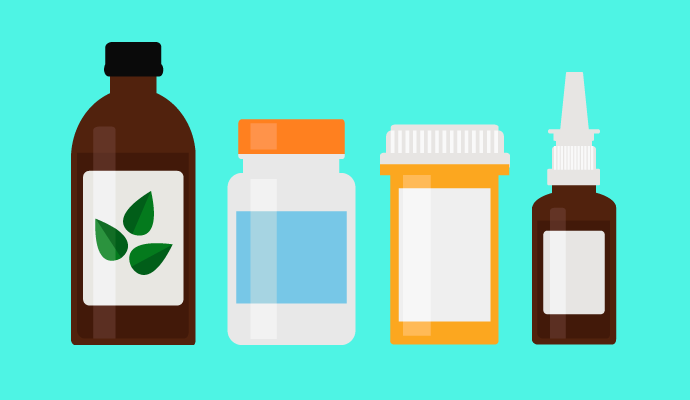D-cycloserine Augments Exposure Therapy for SAD, Trial Finds
A clinical trial showed that D-cycloserine can augment exposure therapy for SAD when administered before or after the session, but the findings did not support a tailored approach to administration.

Source: Thinkstock
- A recent analysis of a randomized clinical trial found that the administration of D-cycloserine (DCS) enhanced exposure therapy for social anxiety disorder (SAD) when given before or after the exposure session, but failed to achieve the aim to develop a tailored clinical application.
The double-blind randomized clinical trial published enrolled 152 adults with social anxiety disorder at three US university centers from September 2019 to March 2020.
Researchers found that participants in the pre-session and post-session conditions improved faster than individuals in placebo condition and had lower severity at three-month follow-up, researchers said.
Specifically, mean end fear scores for the pre-session, pos-tsession, tailored, and placebo groups for session one were 55.66, 49.31, 49.55, and 53.95, respectively. For the remaining sessions, there was very little variance as well.
In contrast, there was no advantage for the tailored condition compared with the placebo condition, including no differential rate of improvement or severity difference at three-month follow-up.
“Although the current study extended previous work documenting the efficacy of DCS for facilitating exposure therapy efficacy, it failed to achieve the aim to develop a more effective application of this augmentation strategy,” researchers stated.
Researchers used multilevel modeling (MLM) because it analyzes psychiatric data, accommodates missing data without requiring imputation, and includes all participants, researchers stated.
“We performed a multivariate MLM because it reduces type I error, increases power, and avoids inconsistent findings. The 4-level multivariate MLM analysis consisted of the 2 primary outcomes nested within repeated assessments over time, which were nested within individuals, which, in turn, were nested within treatment cohort,” they stated.
Researchers administered DCS capsules containing 50 mg of DCS and polyethylene glycol 3350 powder to the participants. The placebo capsules contained just polyethylene glycol 3350 powder.
Participants went to one psychoeducation session followed by four sessions focused on exposure practice combined with pill administration, the study stated. Researchers assessed patients at baseline, weekly during treatment, and at one-week and three-month follow-up.
Symptom severity was evaluated by the Liebowitz Social Anxiety Scale and Social Phobic Disorders-Severity Form as administered by independent evaluators.
“We used the 5-session group exposure therapy protocol used in previous studies,” researchers stated. “During the first session (60 minutes), clinicians provided education on SAD and a rationale for exposure therapy. Clinicians also oriented participants to the Subjective Units of Distress scale and participants practiced using the scale.
“Sessions 2 through 5 (90 minutes) focused on public speaking exposure practice. Each exposure exercise was planned with the participant to ensure adequate fear activation (ie, peak fear) and opportunity for violating harm expectancy,” they continued.
Groups typically consisted of four to five participants, and were led by two clinicians. Lead clinicians had completed a workshop and participated in at least one group as a colead clinician, researchers said.
One-hundred thirty-nine participants (91.4 percent) attended session five and weakening rates were just 19.1 percent. This did not differ between groups.
Overall, participants in the tailored DCS condition saw less symptom improvement than participants assigned to either pre-session or post-session DCS administration, so the tailored DCS condition did not outperform the placebo condition.
“The current study showed that DCS, when administered before or after the session, augments exposure therapy for SAD, with evidence for clinically meaningful effects. Our findings did not support a tailored approach to DCS administration,” researchers said.
Researchers suggested that additional research is needed on defining the characteristics of successful exposure sessions, identifying individuals who benefit most from augmentation of successful exposure sessions, and determining optimal doses of DCS.
